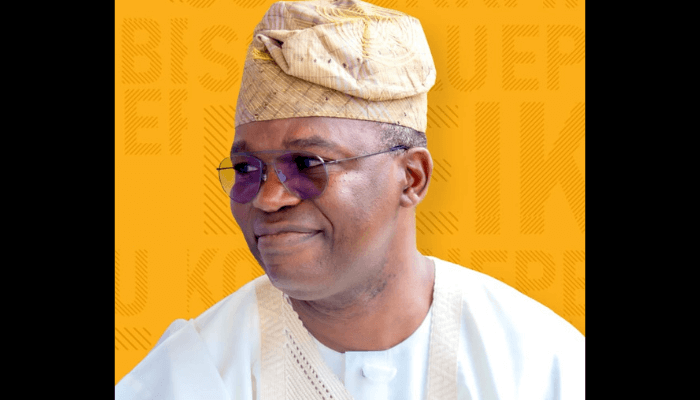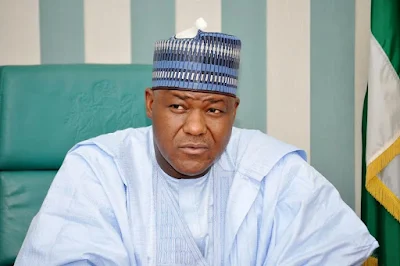Nigeria’s inflation rate has fallen to 18.02%, continuing a steady six-month downward trend, according to the latest figures released by the National Bureau of Statistics (NBS). This marks the most sustained period of decline in inflation in recent years, signaling positive shifts in the country’s economic environment.
What This Means for Nigerians
The easing of inflation provides relief to Nigerian households, many of whom have struggled with rising prices for food, fuel, and basic goods over the past several years. A lower inflation rate means that the cost of living is stabilizing, potentially improving purchasing power and consumer confidence.
Factors Behind the Decline
Economists point to several key factors contributing to the sustained drop in inflation, including:
- Improved agricultural production, which has helped to stabilize food prices
- Government interventions in price controls and subsidies
- Monetary policies implemented by the Central Bank of Nigeria to tighten liquidity and manage inflation expectations
- Relative stability in the exchange rate, reducing imported inflation pressures
Challenges Remain
Despite the encouraging trend, an inflation rate above 18% is still considered high by global standards and poses challenges for economic growth and poverty reduction. Experts warn that continued efforts will be necessary to bring inflation closer to the Central Bank’s target range of 6-9%.
Outlook
The government and financial authorities are expected to maintain focus on policies that encourage investment in agriculture, diversify the economy, and enhance fiscal discipline to sustain the positive momentum. Analysts will be closely watching the inflation figures in the coming months to assess whether this six-month streak will translate into longer-term economic stability.


















